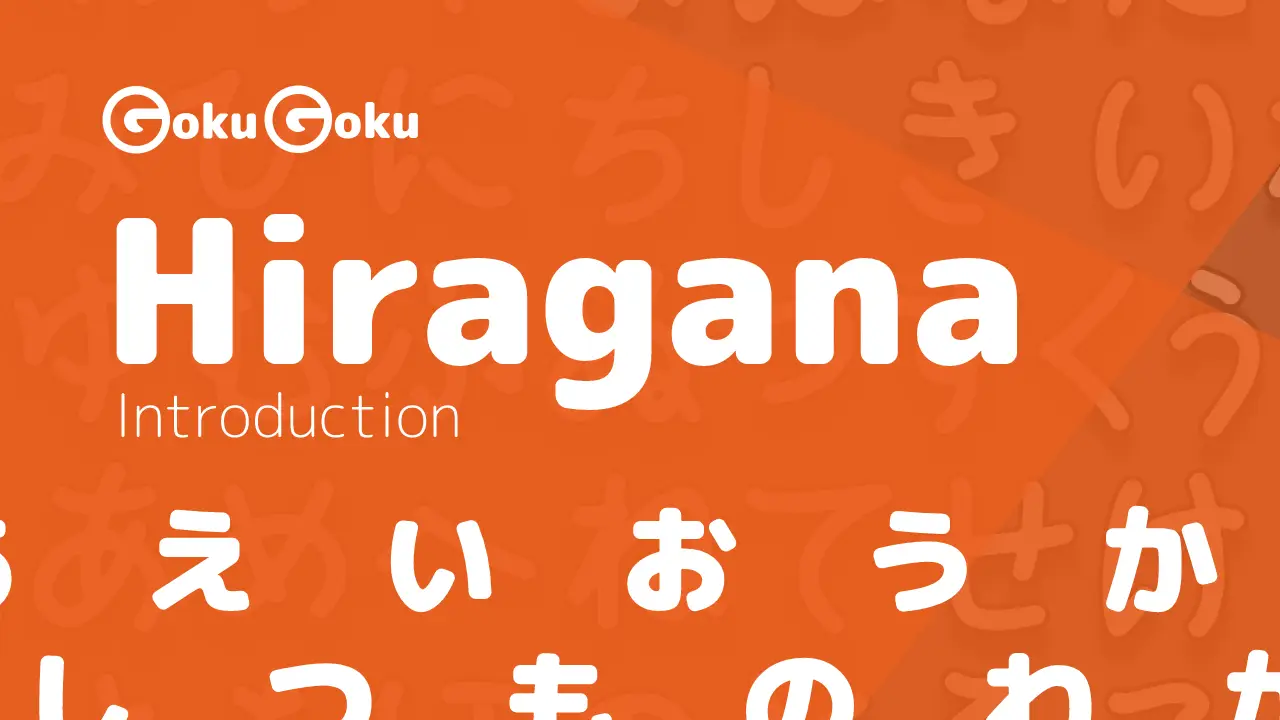もう (mou) Meaning Japanese Grammar - Already
Sandro Maglione
Get in touch with meThe adverb もう (mou) means already or anymore, depending on whether the sentence is affirmative or negative.
The literal meaning of もう is to indicate something that ended unexpectedly, something that is no longer in the state it was in before.
This meaning explains the reason for the two translations of もう, as we see into more detail below.
In this post we learn more about the meaning of もう, how it is formed, and when もう is used through real example sentences.
How もう is formed
もう is an adverb and as such is used to modify verbs and adjectives in a sentence.
There are no specific rules that indicate where an adverb should be placed in a sentence.
Nonetheless, it is common to find adverbs at the beginning of the sentence (although not necessary). もう modifies affirmative verbs in the past tense (translated as already) or negative verbs (translated as not yet again, anymore):
もう is an adverb in Japanese that does not derive from any noun ("true adverb")
もう終わった。
It's already finished.
もう is the opposite of まだ, which indicates something that is unexpectedly still going on.
まだ終わない。
It's not finished yet.
もう: "already"
The first translation we saw of もう is already. As said previously, もう assumes this meaning when the verb in the sentence is in the past affirmative form.
もうやった。
I already did that.
In this simple example we see the verb やる (to do) conjugated in the past tense: やった. When preceded by もう the phrase translates as have already done (something).
Literally, もう means that: "although I expected it to not be done, it actually is" (already).
もう知っていましたか?
Did you already know that?
もう: "anymore"
However, when もう is used in a negative sentence, its meaning changes to anymore.
もうやらない。
I won't do it again.
This sentence still contains the verb やる (to do), this time conjugated in the negative: やらない. The mere fact that the verb changes conjugation means that the translation of もう is no longer already but in this case it becomes anymore.
Literally, もう means that: "although I expected it to still be there, it's actually gone" (anymore).
もうお金がない。
I have no more money.
もう to mean "more"
Another meaning of もう can be again, more, once more.
もう少し頑張って。
Hold on a little longer.
Again the translation of もう comes from the fact that I expected something to be finished, but it really isn't (once again).
Special expressions with もう
Now let's see some particular expressions that use the adverb もう.
0:00.00
-1:0-1.00
わかった、もういい…
I understand, that's enough...
もういい indicates something that has reached its limit: is already good. This expression is also used to say enough is enough.
もういい加減にしろ!
Give it a break!
0:00.00
-1:0-1.00
もういいこれ以上聞いてられない。
That's enough, I can't listen more than that!
Examples of もう
ネコ
もう宿題をしましたか。
Have you already done your homework?
ルケ
はい、もうしました。
Yes, I've already done them.
私はもう歯を磨いた。
I have already brushed my teeth.
Similar grammar points in Japanese 📚
から
から (kara) Meaning Japanese Grammar - Because
だけ
だけ (dake) Meaning Japanese Grammar - Only
たりする
たりする (tari suru) Meaning Japanese Grammar - Do Such Things as A, B Etc
ちがう
ちがう (chigau) Meaning Japanese Grammar - No
まだ
まだ (mada) Meaning Japanese Grammar - Still
ないでください
ないでください (naide kudasai) Meaning Japanese Grammar - Please Do Not Do

